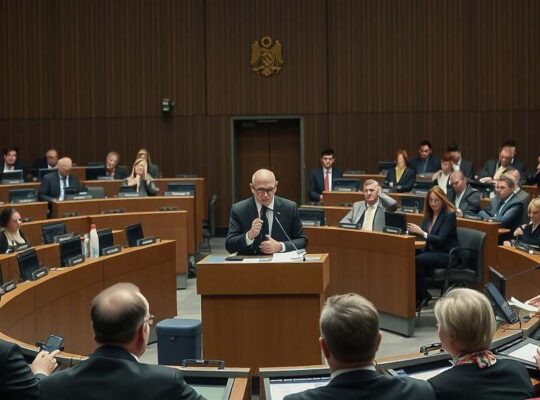Renowned sociologist and generational researcher Klaus Hurrelmann is advocating for a system of social service obligations for senior citizens approaching the end of their working lives. In an interview with “Der Spiegel”, the 81-year-old argued that expecting younger generations to shoulder the responsibility for national defense and societal well-being alone is unsustainable and inequitable. He proposes a model where contributions to societal resilience are shared across all age groups.
Hurrelmann also suggested exploring greater flexibility in retirement ages, emphasizing that individuals capable of continued work should have the option to do so. He questioned the current system where individuals often transition abruptly into leisure after the age of 63 or 65, suggesting a more nuanced approach to later-life engagement.
The sociologist highlights the considerable strain currently faced by younger individuals, attributing it to a confluence of political, social and personal crises. He cites research indicating elevated levels of subjective stress, anxiety and a rise in mental health challenges amongst young people, observing that “being young is very demanding” today.
Hurrelmann further attributes some responsibility to parenting styles, suggesting that overprotective parenting and a desire to shield children from perceived dangers may be contributing factors. He also acknowledges that many parents themselves are struggling to cope with current events, estimating that approximately one-third are “exhausted and at the limits of their abilities.
Professor Hurrelmann, based at the Hertie School of Governance in Berlin and previously responsible for the influential Shell Youth Study, believes a re-evaluation of generational responsibilities and engagement is essential for the well-being of society as a whole.












